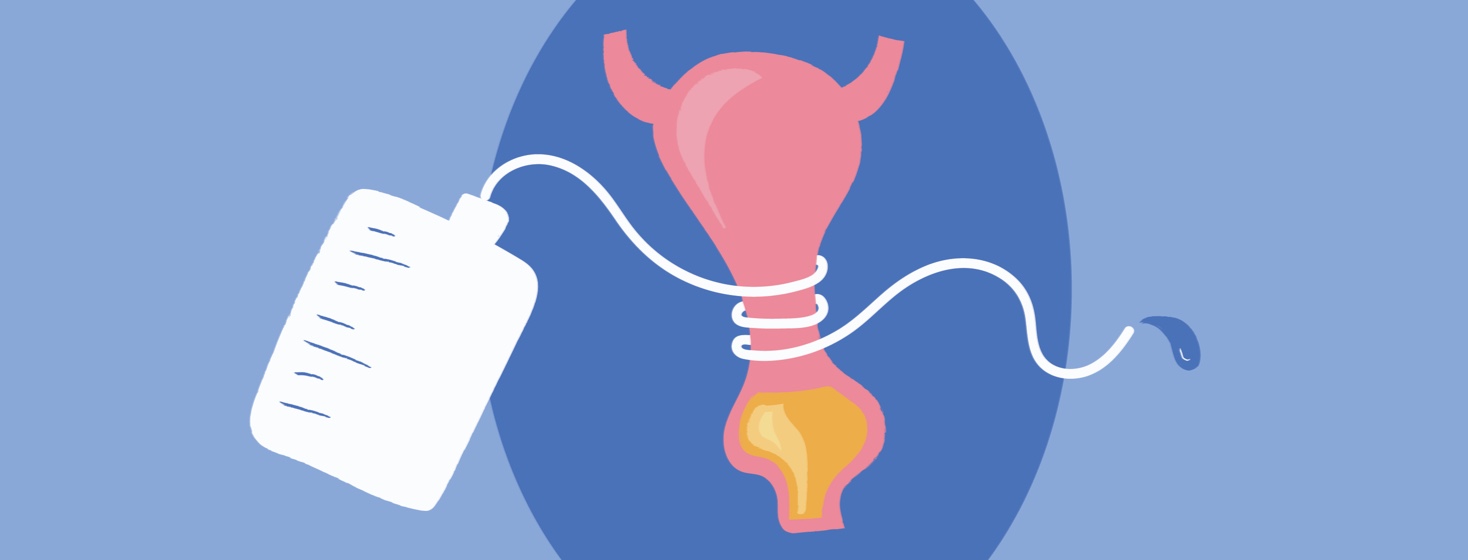What’s the Cost of the BCG Shortage?
Bladder cancer is newly diagnosed in approximately 71,000 Americans each year.1 There are several treatments for bladder cancer, including surgery, chemotherapy, and radiation therapy. Many patients depend on medications being available and accessible in order to continue treatment as planned – but what happens when a drug becomes scarce? That is what is currently happening with Bacillus Calmette-Guérin (BCG), a drug that has become an integral part of bladder cancer care.
What is BCG?
BCG is a drug that is placed directly in the bladder through a catheter. It is an immunotherapy drug that uses a bacteria of Mycobacterium bovis (bovine TB) that has been specially altered so that it causes less harm to the body.2 The bacteria is still live, since it needs to kill the cancer cells in the body, but it isn’t the same as straight bacteria that hasn’t been altered. BCG is used for non-muscle invasive bladder cancer, and can also be used in those whose bladder cancer has recurred.
Past shortages of BCG
There was previously a shortage of BCG from 2013-2016, when global production was significantly reduced because the factory producing BCG Connaught (a specific strain approved in the US) was no longer manufacturing it. A cost-consequence study examining the clinical and economic impact of the shortage found that there was not only a significant increase in bladder cancer recurrence and progression, but also an increase in patients who needed to be treated by cystectomy, or removal of part or all of the bladder.3 There was a control group, which consisted of those who were resected between November 2011 and September 2013 (prior to the shortage) and a study group, who were those resected between October 2013 and December 2016. The study group had a rate of recurrence that was significantly higher than that of the control group. The BCG shortage also significantly impacted the total cost of treatment.3 More precise examination of the costs would require a larger study population, and since it was a retrospective study, that wasn’t possible.
A second shortage of BCG in 2019
In June 2019, it became clear there was another shortage of the drug, which is the gold-standard of early-stage bladder cancer treatment. In the case of BCG, the price per dose is deemed “too low” to give companies an incentive to produce these medications. One solution is to raise the price of the drug to make the therapy more profitable and attract competitors and make it worthwhile for companies to make it. Merck is the only company in the US that makes the single BCG strain that is approved in the US, and is hesitant to raise prices for fear of backlash.4 Merck has also advised the Scientific Advocacy Board for the Bladder Cancer Advocacy Network (BCAN) that they anticipate a limited supply of BCG in the coming year. They have increased the production of TICE BCG (another specific BCG strain) by more than 100 percent so it is produced to the full extent of the manufacturing capacity – however, global demand is increasing, leading to constraints on supply.5
What this may mean for patients
If another shortage similar to the previous one does occur for a prolonged period of time, it is not unreasonable to believe that costs for bladder cancer treatment may go up and those who depend on it for maintenance treatment might see a recurrence.
Are there any BCG alternatives?
There are other possible treatments that may be used, depending on the patient, if a shortage becomes dire. It may be limited in low-risk patients for whom other treatments are available, or a reduced dosage may be given. If BCG is not available at all, the American Urology Association (AUA) recommends induction and monthly maintenance for up to one year with mitomycin (a chemotherapy drug administered directly into the bladder, similar to BCG).6
Understanding what the shortage means for you
Overall, the cost of the BCG shortage may be high for many patients who are currently receiving treatment with it, especially given the research on the last shortage. This includes substitute drug costs, the cost to patient and health care system if the cancer recurs or progresses, and the cost of subsequent, more extensive treatment. If you’re taking BCG, talk with your doctor about what the current shortage means for you, and what your available options are, both short-term and long-term.

Join the conversation